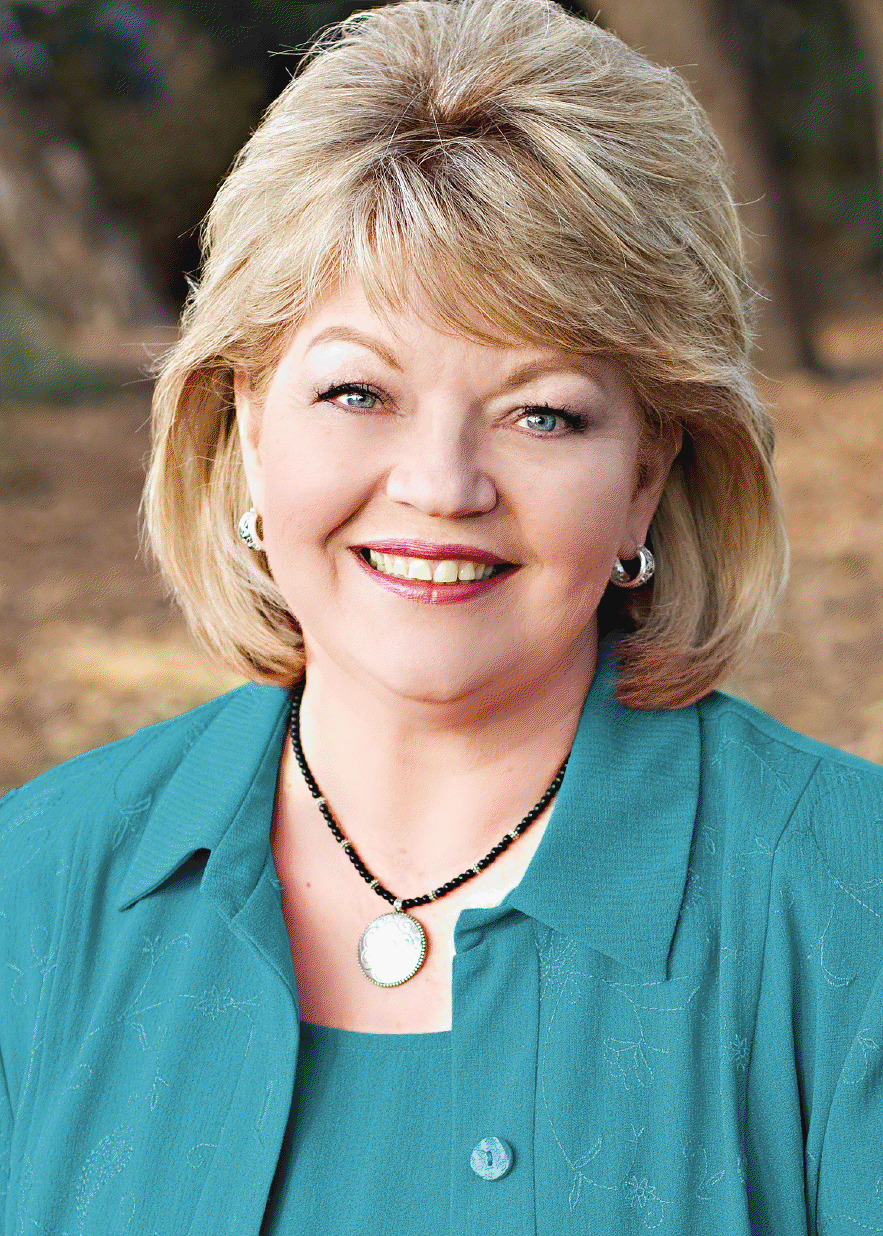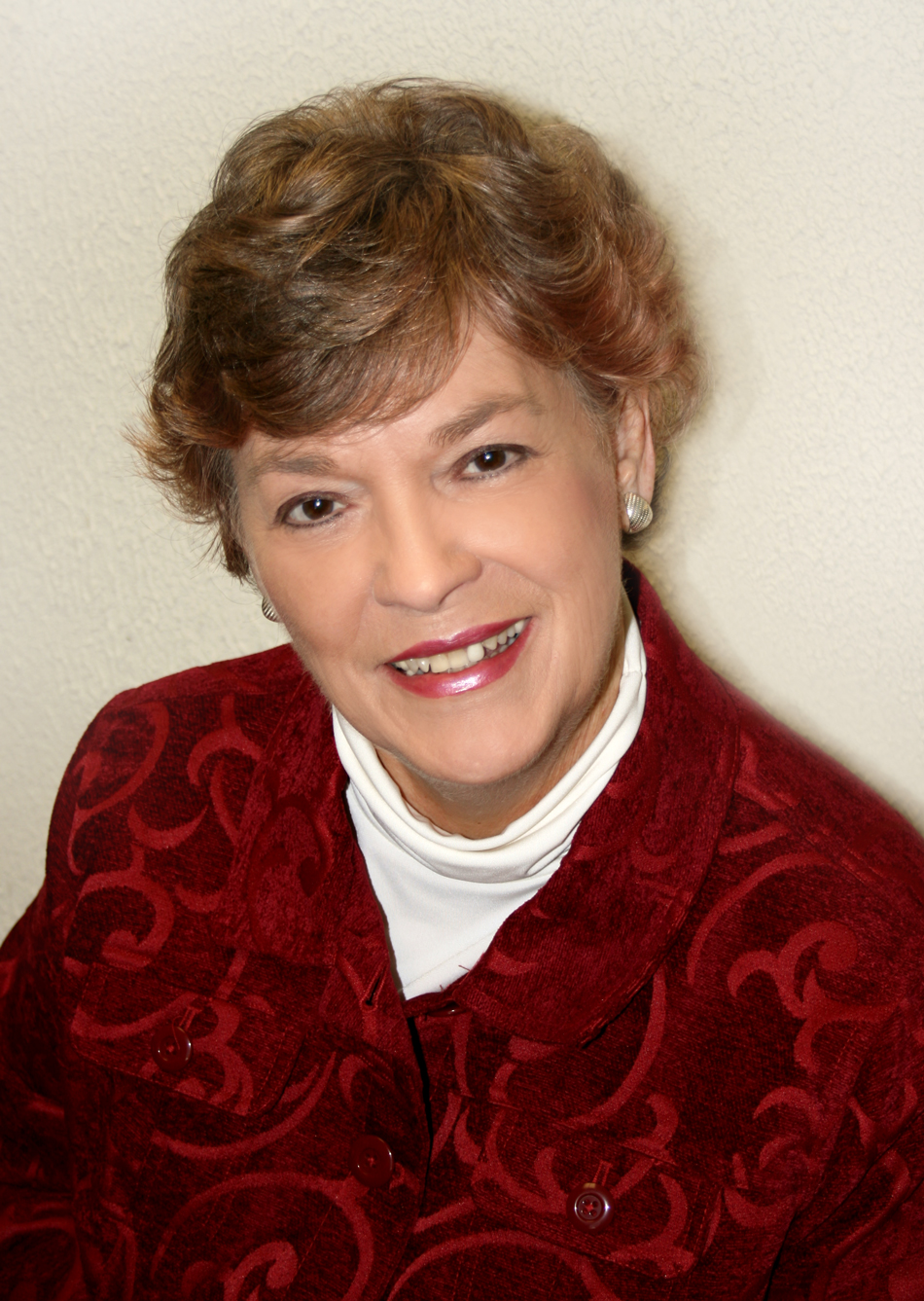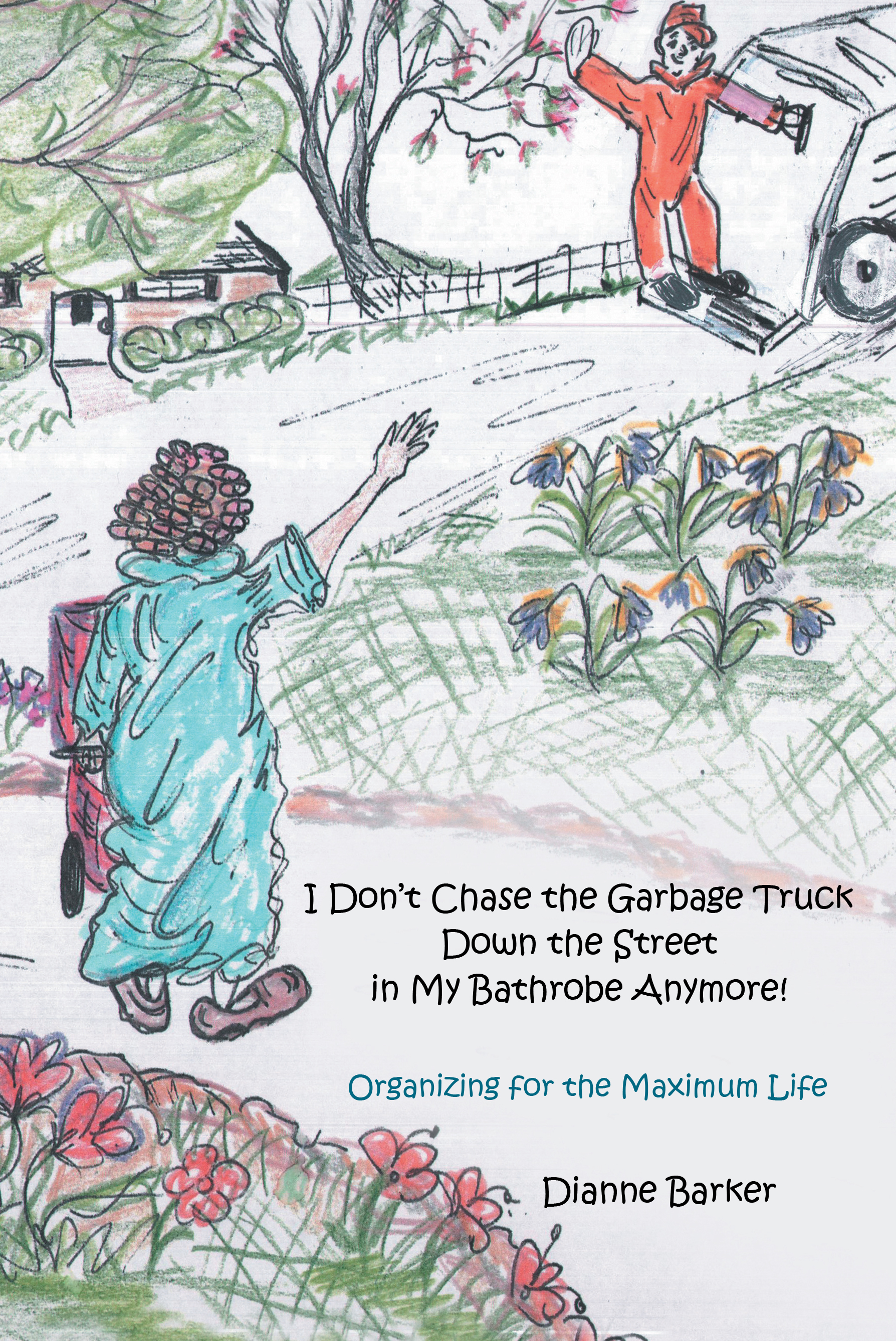Timeless Truths for Financial Health
Janice Thompson encourages women to manage the money maze. She helps them consider their attitudes about finances, and points them to the timeless Word of God.
"It is hard to go a day without hearing financial news that makes us want to run and hide, even in  relatively good markets," Janice said. "But there are timeless truths that can help us weather any economic climate, no matter what financial language we speak."
relatively good markets," Janice said. "But there are timeless truths that can help us weather any economic climate, no matter what financial language we speak."
In previous posts, Janice detailed the financial languages women "speak"—the Driver, the Thinker, the Partner, the Avoider, the Idealist, and the Overcomer. In this post, she offers timeless truth from the scriptures for all women.
Janice continues ...
I would like to outline some principles that can help you weather turbulent times. Whether the current news is bleak or positive, these truths are always relevant.
These truths answer the question:
"In light of what's going on, what should I be doing with my money?"
They are universally wise, applicable in all economic climates, and are rooted in God's Word.
1. Do Your Best to Rein In Spending.
I continue to see two extremes as I discuss this point with women.
- On one side, there are those who are guilt-ridden over every dollar spent.
- On the other side, there are those making foolish spending decisions with little thought to their long-term impact.
I encourage you to find a balance between these two extremes that provides true quality of life for you and your family both now and with an eye for the future.
2. Avoid the Use of and Eliminate All Consumer Debt.
In most cases, the eradication of debt provides an immediate tangible "return on your investment," not to mention a tremendous sense of financial freedom.
I am amazed at the number of widows who either have already paid off their mortgage or indicate that as a primary goal when we first meet. There are, in certain instances, wise ways to use debt, but these uses should be sparingly applied.
The wisdom of Solomon reminds us that "the borrower is servant to the lender" (Proverbs 22:7).
3. Build and Maintain an Emergency Cash Reserve.
Conventional wisdom tells us this should be equal to at least three to six months' living expenses. I would suggest targeting a minimum of six months' living expense as a goal, particularly if you are a single parent or self-employed.
Again, quoting Solomon, "The prudent see danger and take refuge" (Proverbs 27:12). History shows us that volatile times are always both painful and inevitable. We can be less fearful if we do our best to prepare.
4. Consider Both a Proper "Asset Allocation Strategy" as well as "Purpose Allocation Strategy" for Your Investments.
Where you put your money should be based on your time horizon and risk tolerance, and centered on your mission, vision, values and goals.
Keeping an eye on the purpose for your various assets can help keep you emotionally balanced when facing turbulent times.
5. Stick to Your Strategy.
Irrational or emotional financial decisions can be extremely detrimental to your long-term financial future. Keep a level head and stay focused on what lies ahead.
6. Create a Comprehensive Financial Plan.
This will keep you focused on your mission, vision, values and goals in life.
When you are crystal clear about these important elements and have a plan that can be modified as God takes you through the twists and turns of life, it helps you maintain the proper perspective through the highs and lows.
7. Focus on Giving More.
A myopic view of the needs around us does little to enhance our mental health or our financial position. There will always be those around us with needs greater than our own. You don't have to look very hard to see them.
Great joy and personal satisfaction can be found in rocky financial times by taking the focus off of ourselves and putting it on others.
By giving, I'm not just talking about writing a check. Volunteer work with those in need costs very little and can give you a reality check about just how blessed you are!
8. Attitude Determines Altitude.
Economic downturns are a natural part of our free market system. You see these cycles occurring throughout history and, while never pleasant and always stressful, they are included in the historical progression of slow and steady upward progress.
So, while we cannot control events, your attitude will play a major role in determining your emotional and financial health. Billy Graham once said, "If a person gets his attitude toward money straight, it will help straighten out almost every other area in his life."
Since there are no "silver bullets" or "magic formulas" when it comes to the economies of this world, prudence and wisdom must prevail. Money does not buy true happiness. Solomon wrote that those who focus on money will never have enough (Ecclesiastes 5:10-11).
Happiness through wealth accumulation is not the goal, but the joy that comes through the wise stewardship of what you have been given. The truth is, "An undisciplined, self-willed life is puny; an obedient, God-willed life is spacious" (Proverbs 15:32, The Message).
Are you heeding these timeless financial truths? What area needs attention or improvement?
 Janice Thompson is the co-Founder and CEO of One Degree Advisors, Inc., a comprehensive wealth management firm focused on biblically-based financial solutions. Janice is a Certified Financial Planner®, a Life Stewardship Advisor, and serves on the Board of Directors of Kingdom Advisors. She has two married children and one grandson. She and her husband Tom live in San Diego.
Janice Thompson is the co-Founder and CEO of One Degree Advisors, Inc., a comprehensive wealth management firm focused on biblically-based financial solutions. Janice is a Certified Financial Planner®, a Life Stewardship Advisor, and serves on the Board of Directors of Kingdom Advisors. She has two married children and one grandson. She and her husband Tom live in San Diego.
Note: Material adapted from the book, Managing Your Money Maze by Janice Thompson (Revive Our Hearts, 2009).
 Post a Comment → Posted on
Post a Comment → Posted on  Tuesday, August 12, 2014 at 8:00AM
Tuesday, August 12, 2014 at 8:00AM  Consumer Debt Elimination,
Consumer Debt Elimination,  Emergency Cash,
Emergency Cash,  Finances,
Finances,  Financial Health,
Financial Health,  Financial Plan,
Financial Plan,  Janice Thompson,
Janice Thompson,  Timeless Financial Truths,
Timeless Financial Truths,  Upgrade with Dawn Upgrade Your Life
Upgrade with Dawn Upgrade Your Life  Finances
Finances 















